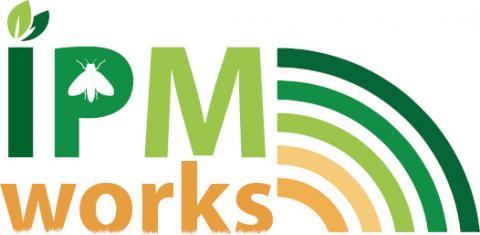Delve into and take inspiration from a set of IPM case studies from across Europe in a variety of contexts and cropping systems.

A series of case study booklets compiled through the IPM Works project.
Recommended Content
Connected Content
Integrated Pest Management highlights the growth of a healthy crop with the least possible disruption to agro-ecosystems and encourages natural pest control mechanisms. IPM is one of the tools for low-pesticide-input pest management, and IPM must now be implemented by all professional agchem users.
Integrated farming is a type of farming that aims to maximize the efficiency and productivity of the farm by integrating different types of crops and animals into a single system.
Invertebrate pests cause problems in agriculture when the level of injury they cause reaches a point where the crop yield is significantly reduced.
IWM involves using numerous weed control methods to try and manage a weed problem sustainably. Whilst herbicides can still be used as part of an IWM approach, a major aim is to reduce reliance on them by also incorporating methods including, cultural, mechanical, biological, thermal and genetic control. A combination of such approaches can allow for optimal control of a specific weed problem. Related topics on FarmPEP include herbicides and herbicide resistance. You can also view the topic pages on grass weeds and broad-leaved weeds which provide examples of suitable control methods.

